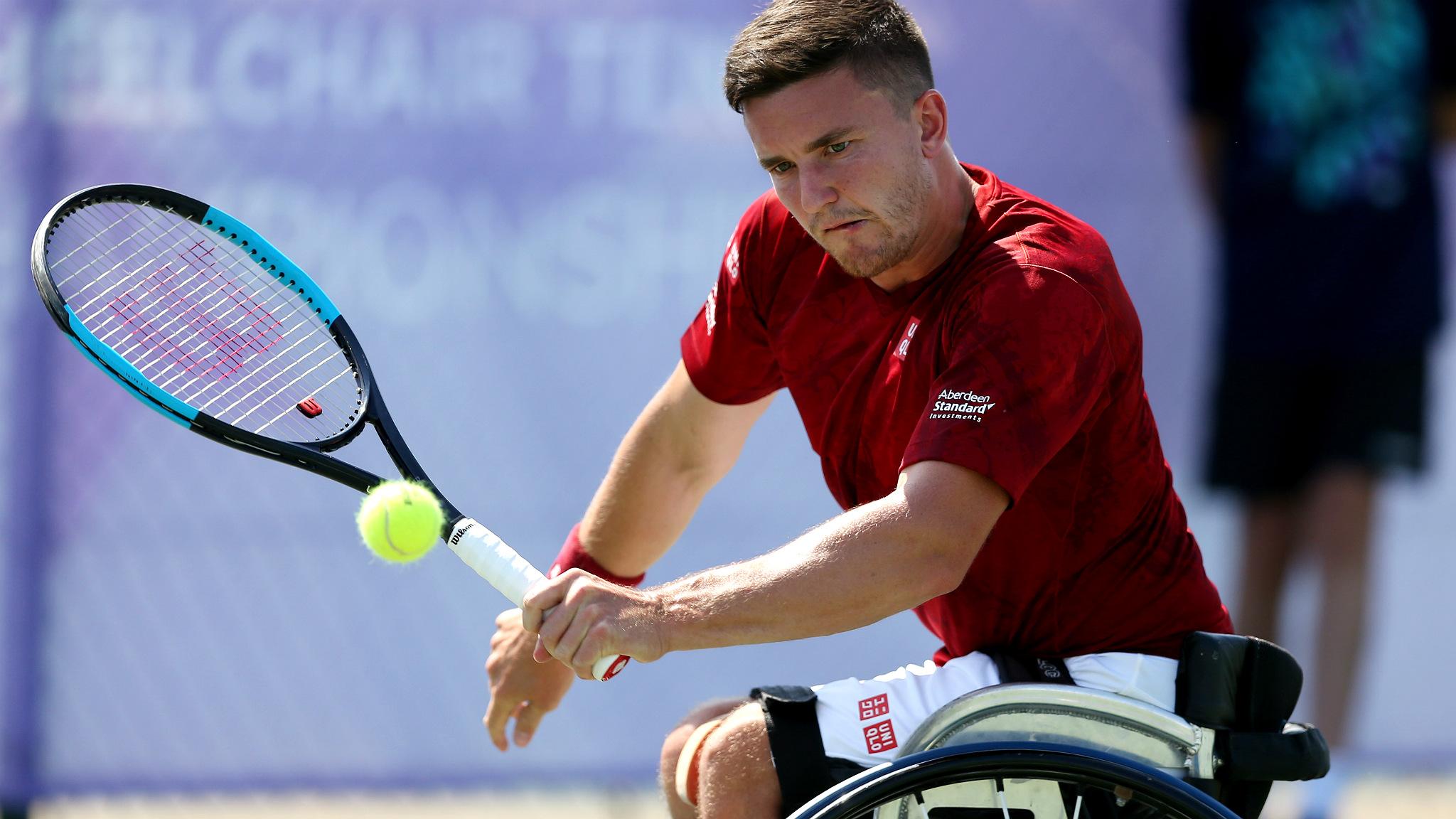Andy Murray: Viktor Troicki and Marin Cilic unprofessional
- Published
Andy Murray has no sympathy for Viktor Troicki and Marin Cilic
Andy Murray says Viktor Troicki and Marin Cilic were "unprofessional" for the actions which led to them being banned for doping offences.
Serbia's Troicki is serving a one-year suspension for failing to undergo a blood test in Monte Carlo in April, while Cilic of Croatia served a four-month ban for ingesting a prohibited substance contained in supplements bought by his mother from a chemist in Monte Carlo.
Wimbledon champion Murray believes there "almost has to be zero tolerance" so that players do not think they can get away with cheating, and so the sport can regain the public's trust.
The British number one says players need to know the rules, and that there can be "no excuses" for accidentally taking a substance on the banned list.
"Whether either player was intentionally cheating or not - we don't know that, and I don't think either of them are like that - but both of them were unprofessional," said Murray.
"I personally would never go and buy something over the counter in a pharmacy - it's just unprofessional.
"I think 10 or 15 years ago, when people didn't think drug taking happened in sport, people might have thought 'yeah, we can just buy stuff over the counter in any old pharmacy'. But we can't do that and you have to accept that."
Troicki, 27, who did not give a sample because he said he felt unwell, claimed the doping control officer told him he would be able to return the following day to take the test, something the officer denies.
He did give a blood sample 24 hours after the initial request and it showed no irregularities.
Troicki's good friend Novak Djokovic labelled the doctor in question "unprofessional" in an emotional statement delivered on Tuesday night. But Murray takes a very different view.
"We don't know exactly what was said in the room between the doping control officer and Viktor but the reality is that there are rules and you need to stick to them," said Murray.
"When we're asked to go and give a drugs test, we must do that.
"I'm happy that the drug testing is going in the right direction: they're starting to increase it, they're doing more blood testing and we've got the biological passports in place.
"There almost has to be zero tolerance on that stuff because, if not, people are just going to think they can get away with anything."
Cilic, 25, a former Australian Open semi-finalist, tested positive for banned supplement nikethamide in April.
His ban was reduced from nine months to four months after an appeal to the Court of Arbitration for Sport (Cas) was partially upheld, allowing him to return to competition in October.
Murray is encouraged by recent moves by the International Tennis Federation (ITF) to step up its anti-doping programme.
In July, it introduced athlete biological passports (ABP) which allow officials to collect and compare biological data and spot variances that suggest doping.
"A few years ago a lot of players were almost naive in thinking that stuff just doesn't go on in tennis, or in sport," added Murray.
"But you've seen over the last few years that it's become such a huge story across everything with athletes and cycling.
"Obviously tennis has had a few problems as well, so to get the trust back from the public and from everyone we need to show that we are doing the right things, and when people break the rules that they are punished and that they don't get off."
Murray, who ended Britain's 77-year wait for a first Wimbledon men's singles champion in July, has been forced to miss the ongoing ATP World Tour Finals in London following back surgery.
He is uncertain whether he will be able to make his scheduled return to action in the Barbados Dream Cup exhibition event at the end of November.
"All the training and the rehab has gone perfectly, but it won't be until I start increasing the load on the court that I see how close it's going to be," he said.
- Published7 November 2013
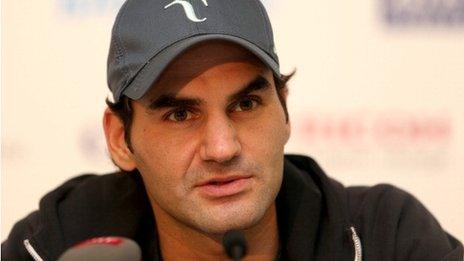
- Published6 November 2013
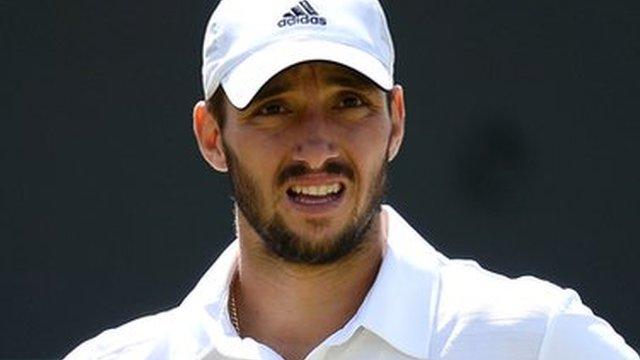
- Published28 October 2013
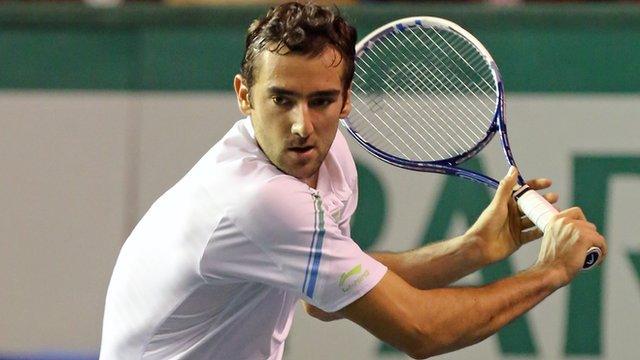
- Published25 October 2013
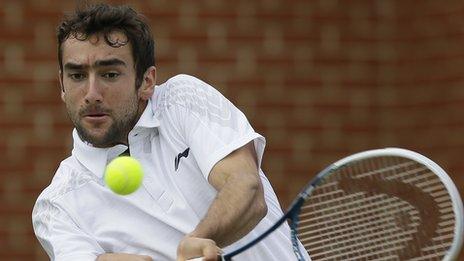
- Published8 November 2016
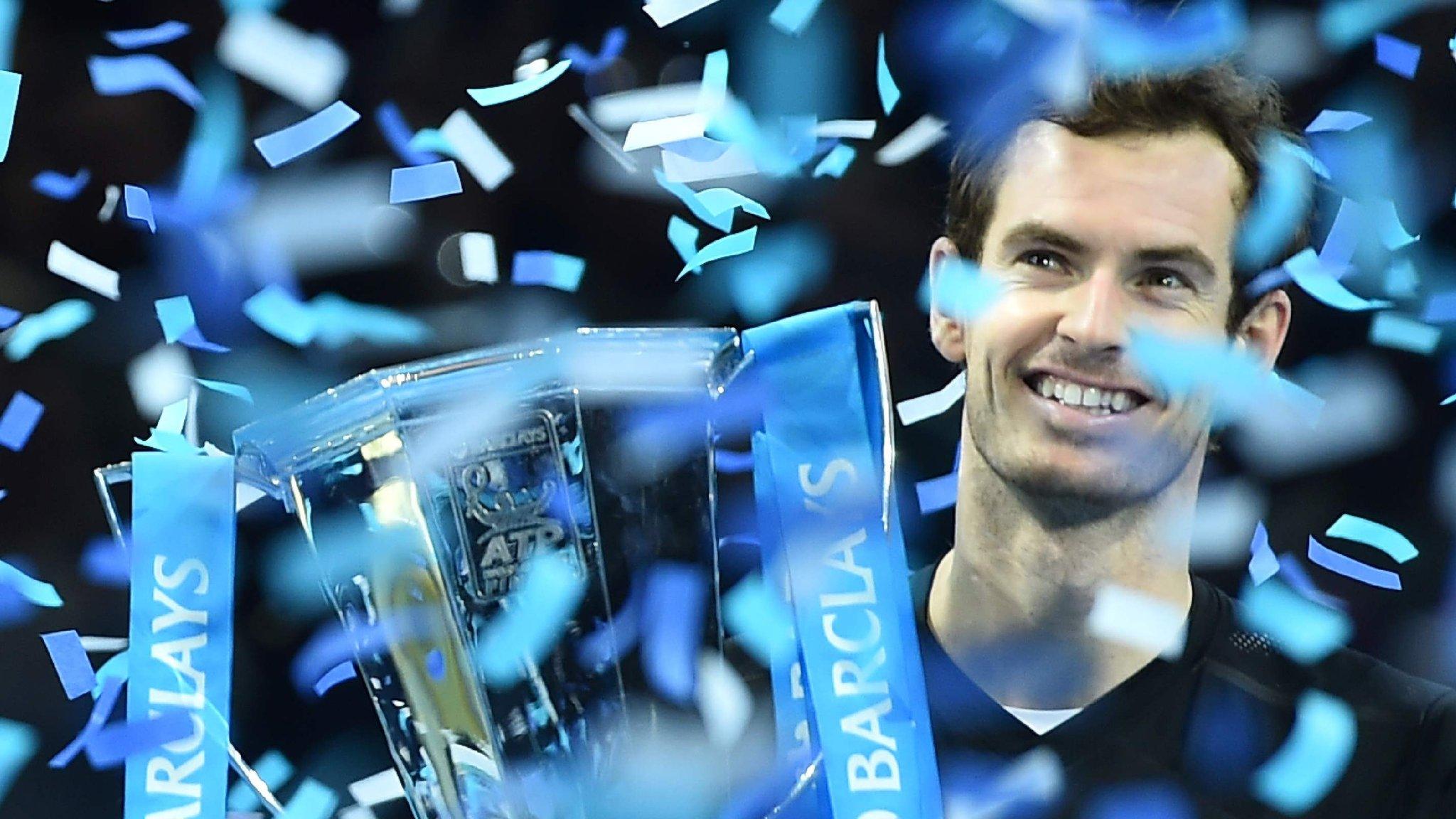
- Published17 June 2019
